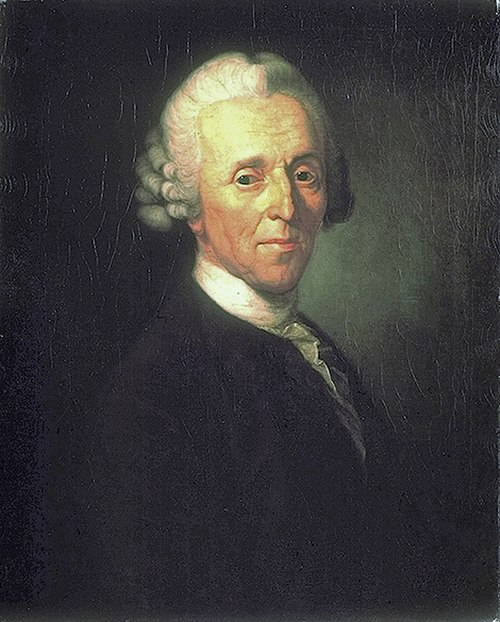Talenoun
An account of an asserted fact or circumstance; a rumour; a report, especially an idle or malicious story; a piece of gossip or slander; a lie.
Talenoun
A rehearsal of what has occurred; narrative; discourse; statement; history; story.
Talenoun
A number told or counted off; a reckoning by count; an enumeration.
Talenoun
(slang) The fraudulent opportunity presented by a confidence man to the mark or victim.
Talenoun
(obsolete) Number; tally; quota.
Talenoun
(obsolete) Account; estimation; regard; heed.
Talenoun
(obsolete) Speech; language.
Talenoun
(obsolete) A speech; a statement; talk; conversation; discourse.
Talenoun
A count; declaration.
Talenoun
A number of things considered as an aggregate; sum.
Talenoun
A report of any matter; a relation; a version.
Taleverb
To speak; discourse; tell tales.
Taleverb
To reckon; consider (someone) to have something.
Talenoun
See Tael.
Talenoun
That which is told; an oral relation or recital; any rehearsal of what has occured; narrative; discourse; statement; history; story.
Talenoun
A number told or counted off; a reckoning by count; an enumeration; a count, in distinction from measure or weight; a number reckoned or stated.
Talenoun
A count or declaration.
Taleverb
To tell stories.
Talenoun
a message that tells the particulars of an act or occurrence or course of events; presented in writing or drama or cinema or as a radio or television program;
Talenoun
a trivial lie;
Talenoun
a fictitious or true narrative or story, especially one that is imaginatively recounted
Talenoun
a lie.
Talenoun
a number or total
Fablenoun
A fictitious narrative intended to enforce some useful truth or precept, usually with animals, etc. as characters; an apologue. Prototypically, Aesop's Fables.
Fablenoun
Fiction; untruth; falsehood.
Fablenoun
The plot, story, or connected series of events forming the subject of an epic or dramatic poem.
Fableverb
To compose fables; hence, to write or speak fiction; to write or utter what is not true.
Fableverb
To make up; to devise, and speak of, as true or real; to tell of falsely; to recount in the form of a fable.
Fablenoun
A Feigned story or tale, intended to instruct or amuse; a fictitious narration intended to enforce some useful truth or precept; an apologue. See the Note under Apologue.
Fablenoun
The plot, story, or connected series of events, forming the subject of an epic or dramatic poem.
Fablenoun
Any story told to excite wonder; common talk; the theme of talk.
Fablenoun
Fiction; untruth; falsehood.
Fableverb
To compose fables; hence, to write or speak fiction ; to write or utter what is not true.
Fableverb
To feign; to invent; to devise, and speak of, as true or real; to tell of falsely.
Fablenoun
a deliberately false or improbable account
Fablenoun
a short moral story (often with animal characters)
Fablenoun
a story about mythical or supernatural beings or events
Fable
Fable is a literary genre: a succinct fictional story, in prose or verse, that features animals, legendary creatures, plants, inanimate objects, or forces of nature that are anthropomorphized, and that illustrates or leads to a particular moral lesson (a ), which may at the end be added explicitly as a concise maxim or saying. A fable differs from a parable in that the latter excludes animals, plants, inanimate objects, and forces of nature as actors that assume speech or other powers of humankind.

























